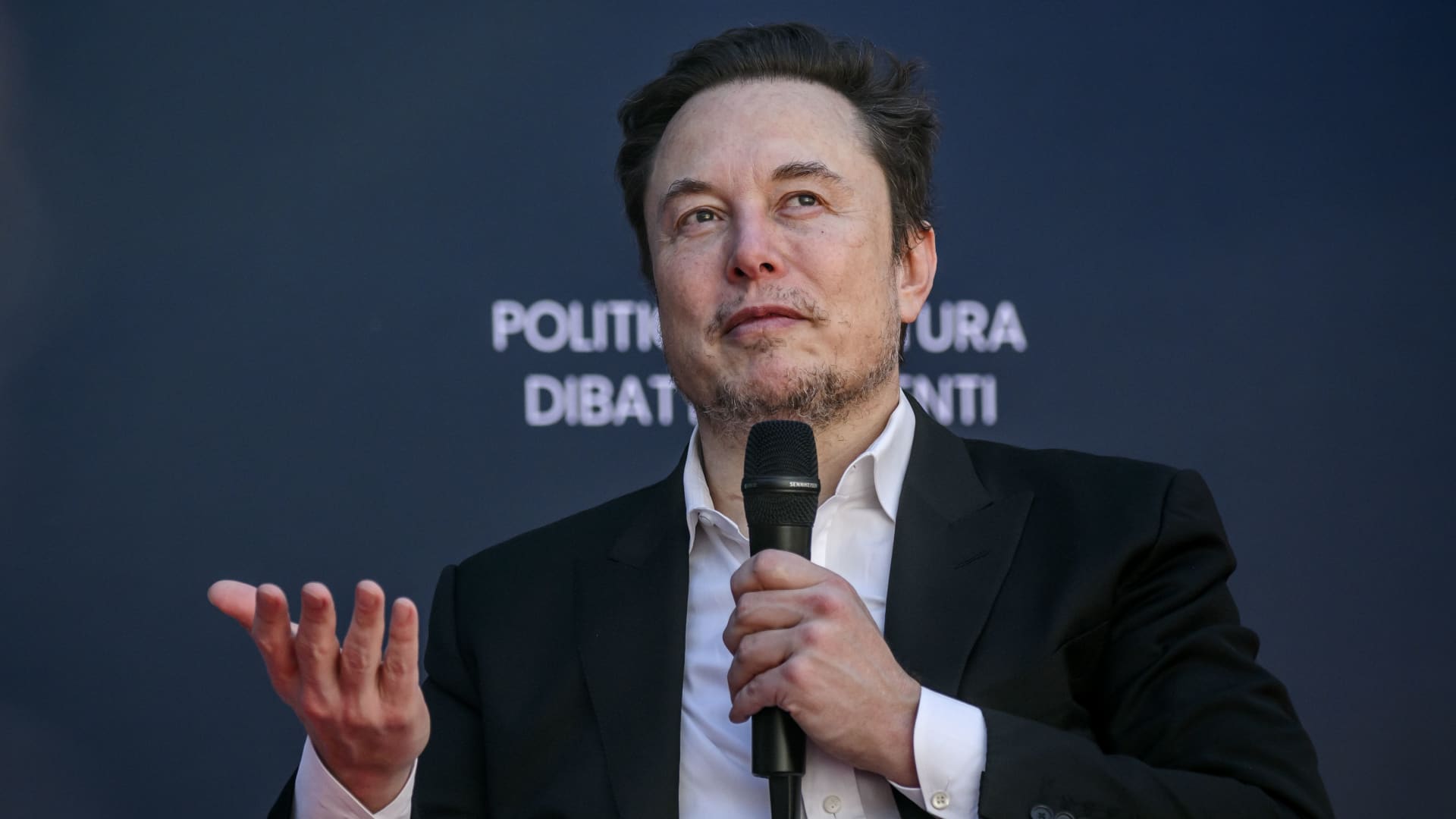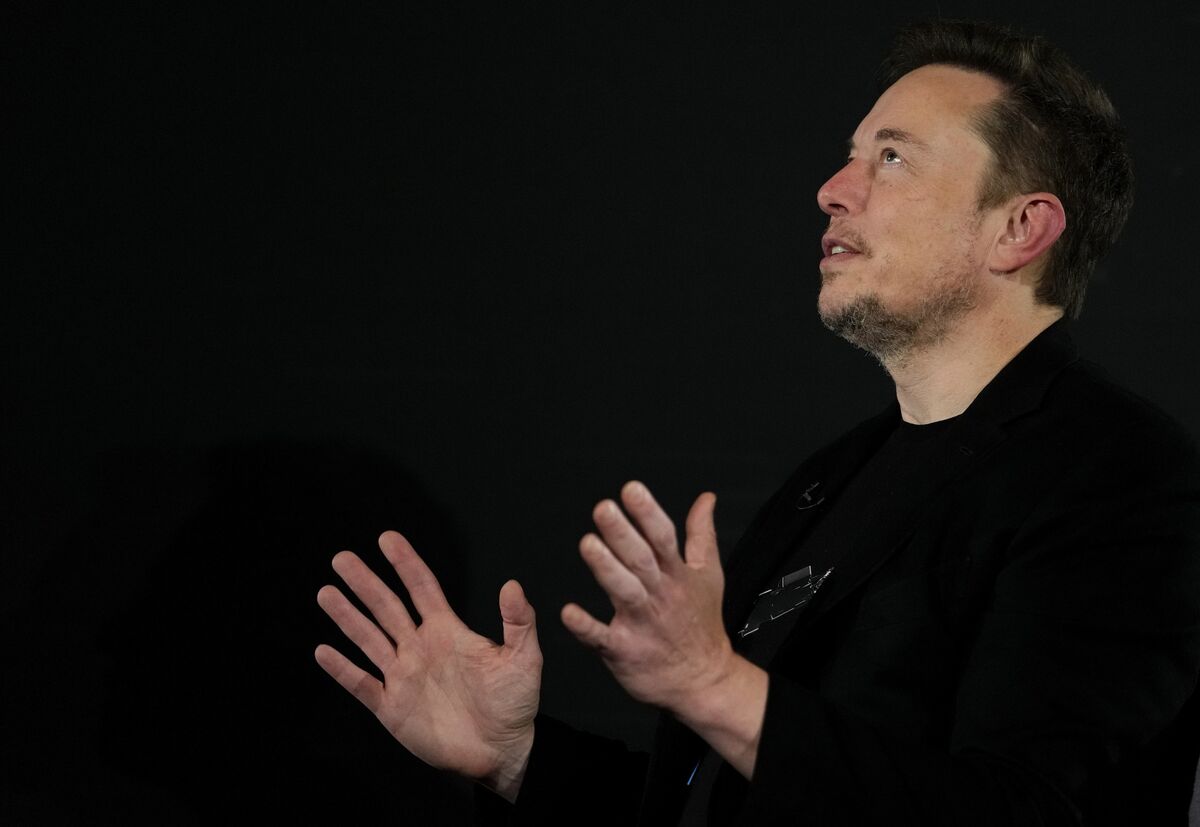:max_bytes(150000):strip_icc()/GettyImages-1258741760-1bc7f77d4aa14907a27e7a265a55e314.jpg)
Tesla, the American electric vehicle and clean energy company founded by Elon Musk in 2003, reported its fourth-quarter earnings for the year ending December 31st. The results fell short of analysts' expectations with revenue increasing just 1% from a year earlier and operating profit falling by a third. This was partly due to price cuts taken around the world in the second half of the year which reduced average selling prices and gross margin per vehicle by 44%. Additionally, Tesla said that vehicle volume growth in 2024 may be notably lower than last year's growth rate as it works towards launching its next-generation vehicle in Texas. The company cautioned investors that it is currently between two major growth waves.



